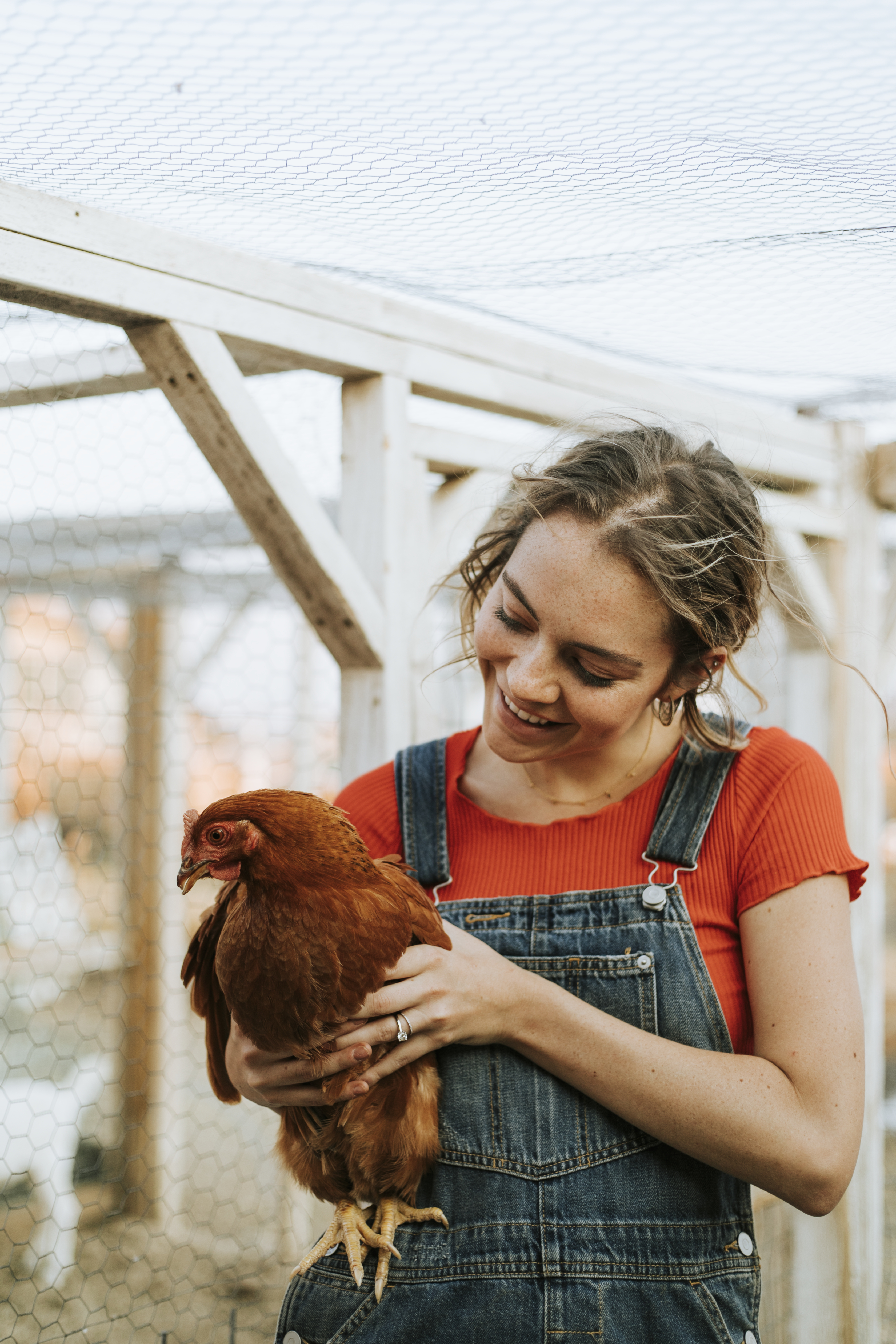
Seven Strategies to Prevent Bird Flu
Highly Pathogenic Avian Influenza (HPAI) continues to pose a risk, particularly during the spring months when migratory birds return north.
Poultry are susceptible to various diseases, such as highly pathogenic avian influenza. Highly pathogenic avian influenza is a highly contagious disease for domestic birds and can cause severe damage to poultry flocks of any size, whether in commercial or backyard settings.
As of 2023, the Michigan Department of Agriculture and Rural Development (MDARD) has identified two instances of HPAI in noncommercial flocks. In 2022, Michigan recorded 19 HPAI cases in non-commercial flocks and a single case in a commercial turkey flock.
Highly Pathogenic Avian Influenza continues to pose a risk to domestic poultry, particularly during the spring months when migratory birds return north. The virus observed in 2022 and persisting into 2023 differs from earlier outbreaks because it remains present in wild bird populations. Wild birds, carriers of the virus, pose the main threat to flocks, so it is essential to take measures to safeguard your flock.
To safeguard your birds from HPAI, it is crucial to prevent your domestic birds from accessing spaces frequented by wild birds, notably waterfowl like ducks and geese. Provide food for your birds in the coop and ensure any scattered feed is cleaned up to prevent wild birds from approaching to eat.
There is a low risk of songbirds, starlings, and sparrows carrying the virus, but they can still transmit it to your birds through their feet and feathers.
Keeping your poultry away from water sources frequented by wild birds is crucial. The moment has come for all poultry owners, including backyard farmers, to be alert in safeguarding against avian influenza. Adhering to these seven biosecurity measures will ensure the safety of your flock:
1. Stay away from wild birds and waterfowl. Provide food for your birds inside the house and promptly clean up any spilled feed. Ensure your birds are not near puddles, ponds, or lakes that wild birds may frequent. Before entering your coop, change your shoes and clothing to prevent introducing viruses to your flock, particularly if you have visited areas with wild bird activity.
2. Maintain your distance. While sharing your chickens with friends and family can be enjoyable, it's advisable to limit contact to ensure their health remains intact. After attending swap meets or poultry shows, change your clothes and shoes, and quarantine any birds that accompanied you until you're certain they are healthy before reintegrating them with your flock.
3. Maintain cleanliness. A tidy henhouse ensures safety. Ensure you clean and disinfect your clothing, footwear, equipment, and hands both before and after entering the area where your birds reside. Securely store the feed, distribute it in the coop, and promptly clean any spills.
4. Whenever possible, keep them covered. Though it might appear to go against free-range practices, housing birds indoors and under cover can shield them from contact with wild birds in flight. This becomes particularly crucial during the spring months or when wild ducks and geese are near your property.
5. Employ specialized machinery. While it might be appealing to borrow equipment you lack from a neighbor, doing so could pose risks to your birds. Use poultry supplies that belong to you alone.
6. Recognize the signs of warning. If your birds exhibit a sudden rise in deaths; symptoms like sneezing, coughing, nasal discharge, watery or green diarrhea; reduced energy; diminished appetite; a decline in egg production; swelling around the eyes, neck, and head; or notice purple discoloration on wattles, combs, and legs, they might be affected by avian influenza.
7. Submit without delay. With over twenty years of experience at the Michigan state veterinarian’s office, I can personally vouch for the crucial need to report any suspected illnesses. Inform MDARD immediately if you have any sick or deceased birds. A general guideline is that if you find two or more dead birds within a 24-hour timeframe, it is noteworthy. For assistance, reach out to your flock veterinarian or contact MDARD at 800-292-3939 during regular hours or 517-373-0440 after hours.
If you notice sick or deceased wild birds near your flock, notify the Michigan Department of Natural Resources by either calling 517-336-5030 or submitting an observation report.
Keep in mind that the Centers for Disease Control and Prevention deems the risk of HPAI to humans as very low, and poultry products are safe for consumption when they are correctly handled and cooked. You can find more resources for backyard poultry owners at mipoultry.com. Collaborative efforts can help safeguard the lives of millions of birds.

